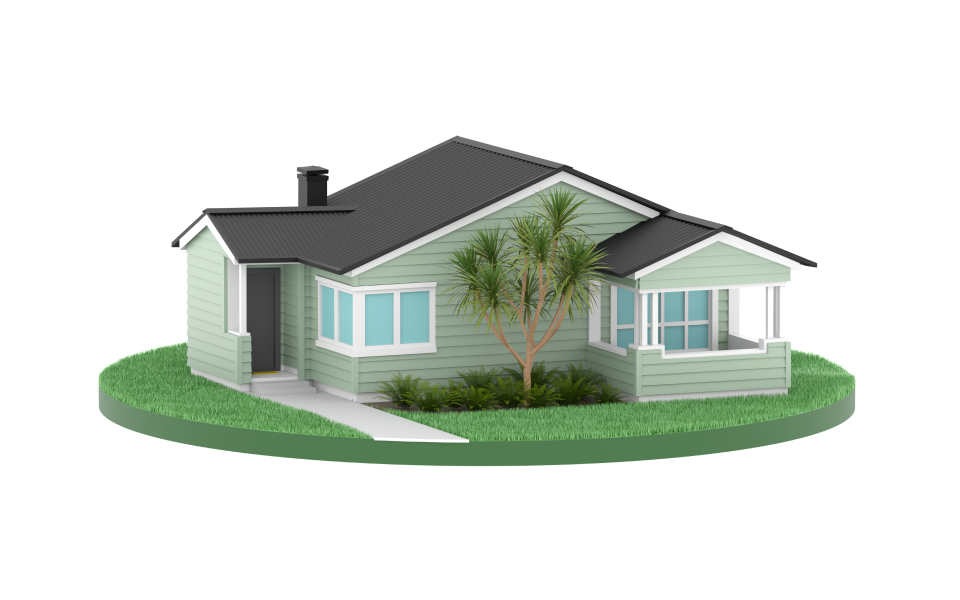House insurance is an important part of owning a home, helping provide you with cover for when the unexpected happens. Your premium is based on different factors, including your claim history, the size and type of property you live in, and the natural hazards your house may be exposed to.
Here is a breakdown of those important factors we consider when calculating your premium.
Bad weather events
An increase in the frequency of bad weather across New Zealand has meant an increase in the number of claims made for natural hazard events like storms and floods. These more frequent events increase the number of claims insurance companies need to cover. In order to manage this increase in frequency and ensure they are able to pay out on claims for these events, insurers may need to increase their premiums.
Inflation and rising building costs
Rising building costs and regulatory changes can also affect the cost to repair or rebuild and these changes can affect your premium.
Your sum insured is reviewed each year, and this includes using information we receive from Cordell. This is just a suggestion, so it's important you review and confirm, or change the amount, to ensure you are happy with it. The sum insured amount you choose is then used to calculate your premium at renewal time.
If you've recently made changes to your home, take a look at our Sum Insured Calculator to check if your current sum insured has you covered.
Reinsurance costs
Reinsurance is insurance for insurance companies. If there's a large event that affects a whole community, reinsurance is there to help insurers cover the costs of claims. So, if something major happens, we can still pay out your claim and get you back on your feet as quickly as possible.
Due to increasing bad weather and other natural disaster events, both here and worldwide, reinsurance premiums are increasing. These costs are passed on to our customers through increased premiums.
Levy increases
Tower collects levies on certain insurance products on behalf of the government for some natural hazard events and for fire and emergency services. These are the Natural Hazards Insurance (NHI) levy, formerly known as the EQC levy, and the Fire and Emergency New Zealand (FENZ) levy.
Occasionally, levies are increased by the government. These increases are outside of Tower's control and need to be implemented by all insurers. Read more about these levies and any upcoming increases here.
Ways to save on your insurance
We understand that any increase in premiums can be challenging. Here are some ways to check you're not paying more than you need to on your insurance:
- Review your sum insured using our Sum Insured Calculator.
- Check that you have the right level of cover. Tower offers three levels of cover for house insurance - standard, plus, and premium, so you can choose the option that best suits your needs.
- Check your excess level. A higher excess can reduce your premium, but make sure you can afford a higher excess if you need to claim.
- Make the most of our multi-policy discount, where you could save up to 20% by having multiple eligible policies with us*.
Understanding what makes up your house insurance premium and what factors contribute to premium increases can help you make more informed decisions about your cover. While increases can happen, being proactive can help you manage and potentially minimise their financial impact.
*Multi-Policy Discount Ts&Cs apply.
Related blogs

Looking for house insurance?
Save $100 on eligible house insurance policies. Use promo code SAVE100. Ends 20 Sept 2025.*